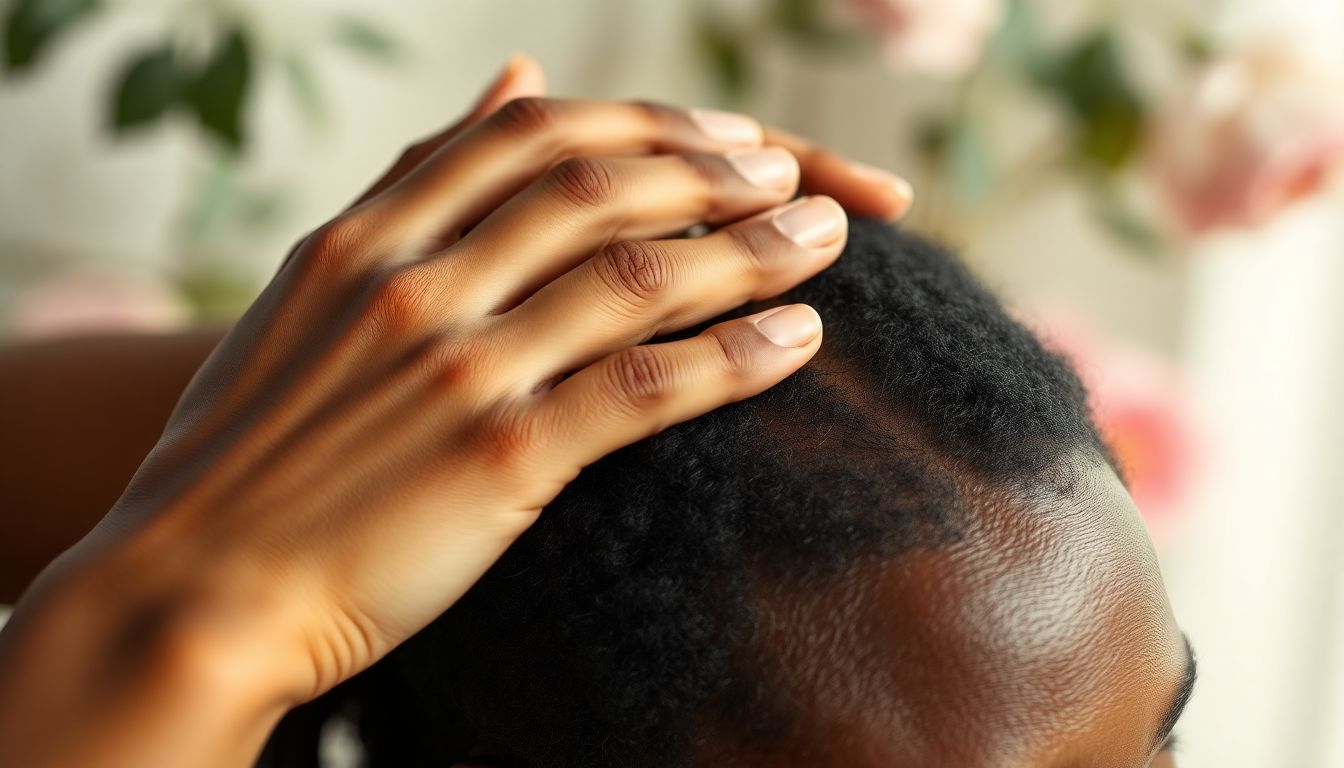
Hair loss is a growing concern for many people. Whether you notice extra hair on your pillow, in the shower, or on your brush, it can be alarming. Understanding your options can help you regain confidence and find a remedy that suits your situation.
Introduction: The Growing Concern of Hair Loss
The Prevalence of Hair Loss: Statistics and Impact
Hair loss affects millions worldwide. According to the American Academy of Dermatology, about 50 million men and 30 million women experience hair loss. This can influence self-esteem and overall mental health.
Understanding the Causes: Genetics, Hormones, and Lifestyle
Multiple factors contribute to hair loss. Genetics play a significant role, with conditions like androgenetic alopecia being common. Hormonal changes, stress, and poor nutrition can also contribute. Understanding these can help target effective remedies.
This Article's Goal: A Guide to Choosing the Best Remedy
This article aims to help you explore various hair loss remedies and identify which might be right for you.
Understanding Your Hair Loss: Diagnosis and Types
Identifying the Type of Hair Loss: Androgenetic Alopecia, Telogen Effluvium, etc.
Different types of hair loss include androgenetic alopecia (hereditary), telogen effluvium (temporary), and alopecia areata (patchy). Knowing your type is essential for choosing the right treatment.
The Importance of a Professional Diagnosis: Dermatologist Consultation
Consulting a dermatologist is vital for an accurate diagnosis. They can recommend tests and provide insight into the best treatment options.
Self-Assessment Tools and Resources: Online Quizzes and Checklists
Many online quizzes can help you assess your hair loss. These tools provide valuable information but aren't substitutes for professional advice.
Non-Surgical Hair Loss Remedies: Lifestyle Changes and OTC Treatments
Lifestyle Modifications: Diet, Exercise, and Stress Management
Small changes can significantly impact hair health.
Diet's Role: Nutritional Deficiencies and Hair Health
A well-balanced diet is crucial. Foods rich in protein, iron, and vitamins promote hair growth. Include:
- Fish
- Nuts
- Leafy greens
- Eggs
Stress Reduction Techniques: Mindfulness and Relaxation
Managing stress can minimize hair loss. Techniques like mindfulness, yoga, and regular exercise are beneficial.
Over-the-Counter Treatments: Minoxidil and Other Topical Solutions
Minoxidil Effectiveness and Side Effects: Expert Review
Minoxidil is a popular over-the-counter treatment. It stimulates hair growth for both men and women. Side effects may include scalp irritation or unwanted facial hair.
Other Topical Treatments: Shampoos and Conditioners
Special shampoos and conditioners designed for thinning hair may also help. Look for products with biotin and ketoconazole.
Medical Treatments for Hair Loss: Prescription Medications and Procedures
Prescription Medications: Finasteride and Other Options
Finasteride's Mechanism of Action and Potential Side Effects
Finasteride is a prescription medication for men. It blocks the hormone responsible for hair loss. Side effects can include decreased libido and mood changes.
Comparing Finasteride and Minoxidil: Which One is Right for You?
Choosing between finasteride and minoxidil depends on individual needs. Consult a doctor to determine what’s best.
Hair Transplant Surgery: Procedure Overview and Recovery
For severe hair loss, surgery may be an option.
Hair Transplant Costs and Success Rates: Data and Studies
Costs vary widely but can range from $4,000 to $15,000. Success rates are high, with many patients seeing visible improvement.
Finding a Qualified Hair Transplant Surgeon: Key Considerations
Choose a certified surgeon with experience. Check reviews and ask for before-and-after photos of previous patients.
Alternative Therapies for Hair Loss: Natural Remedies and Supplements
Natural Remedies: Essential Oils and Herbal Treatments
Some people explore essential oils like rosemary or peppermint. Research shows potential benefits, but results can vary.
Evidence-Based Research on Essential Oils and Hair Growth
Studies suggest these oils may improve circulation and promote growth. Always test for allergies before use.
Cautions Regarding Unproven Natural Remedies
While some natural remedies exist, it's essential to approach with caution. Many lack scientific backing.
Nutritional Supplements: Biotin, Vitamins, and Minerals
Biotin's Role in Hair Health: Fact vs. Fiction
Biotin is often touted as a miracle for hair. While it supports hair structure, deficiencies are rare in most diets.
Potential Interactions and Side Effects of Supplements
Supplements can interact with medications. Consult a healthcare provider before starting.
Choosing the Right Hair Loss Remedy: A Personalized Approach
Considering Individual Factors: Age, Gender, and Underlying Health Conditions
Your age, gender, and health impact your choice of remedy. What works for one may not work for another.
Creating a Treatment Plan with a Healthcare Professional
Developing a personalized treatment plan is essential. Work closely with your doctor to find what fits your needs.
Realistic Expectations and Long-Term Hair Health Strategies
Set realistic goals for your hair growth journey. Focus on long-term health rather than quick fixes.
Conclusion: Reclaiming Confidence Through Effective Hair Loss Management
Key Takeaways: A Summary of Effective Remedies and Strategies
Effective hair loss remedies range from lifestyle changes to medical treatments. Each individual has unique needs, so understand your options.
Resources and Further Information: Websites and Organizations
For more information on hair loss and remedies, consider visiting organizations like the American Hair Loss Association and the National Alopecia Areata Foundation. They provide valuable resources and support for those affected.
Understanding your hair loss and exploring the right remedies can lead to improved confidence and overall hair health. Take the first step on your journey today.
